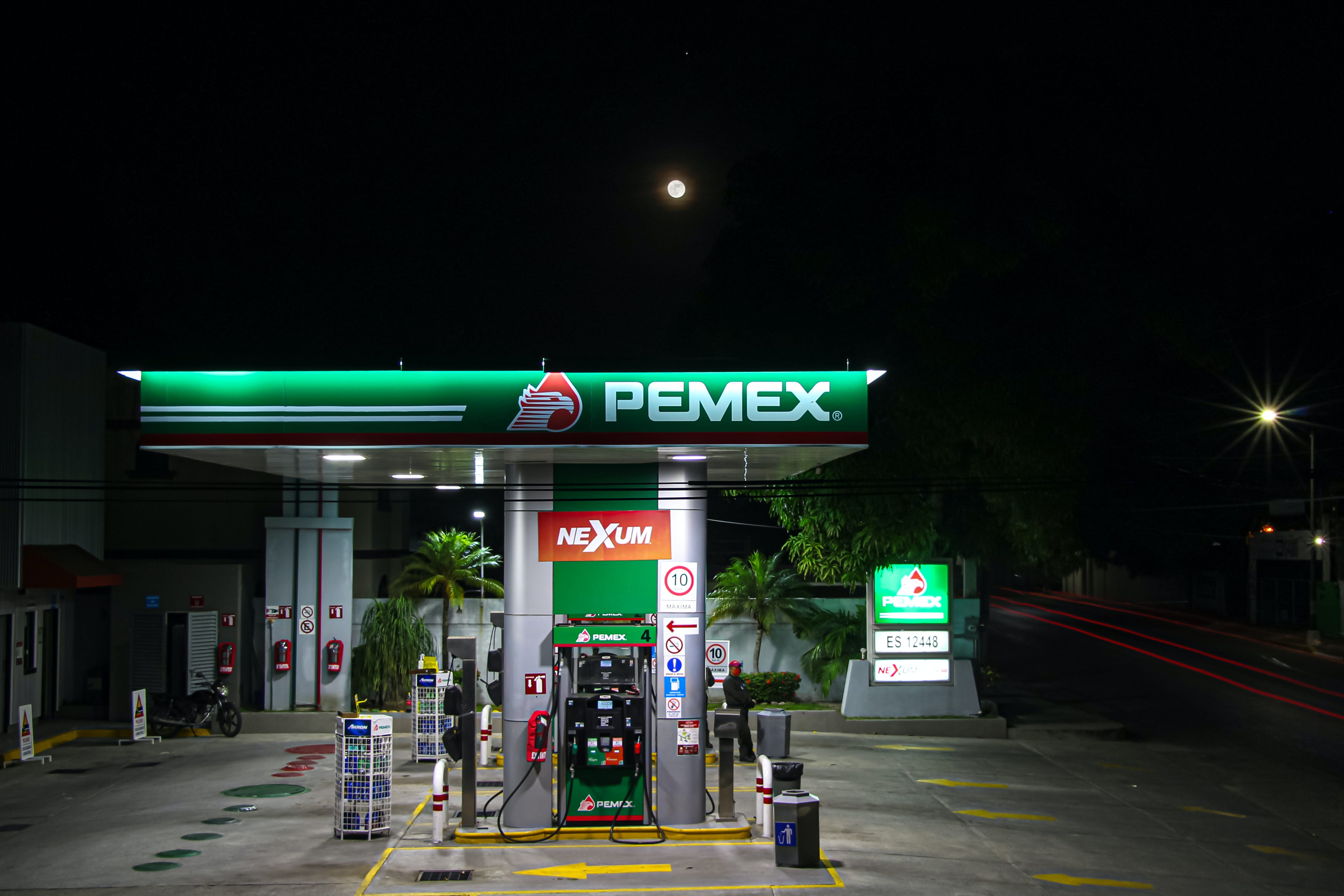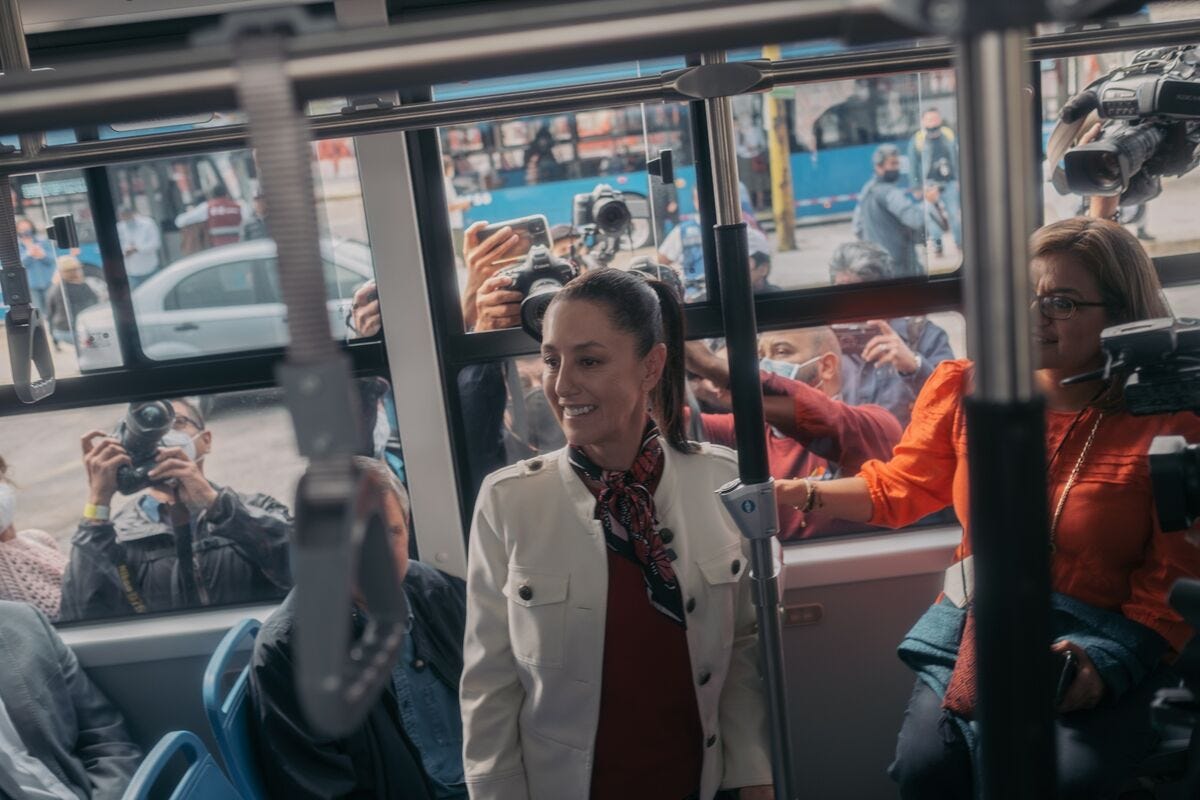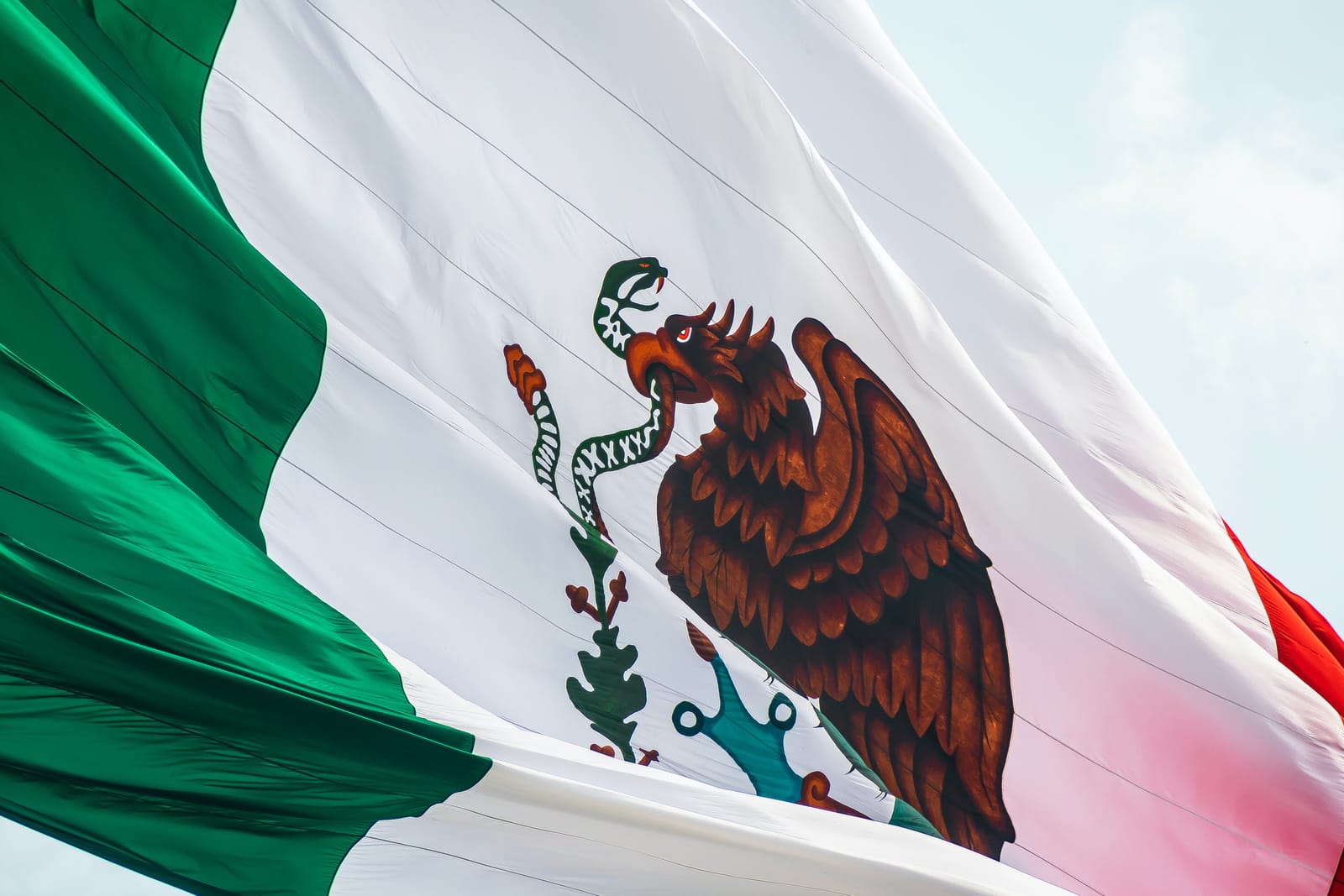Let's coin a new term - Poli-tickin'
Coming from the root word "politics" but putting a little spin on it. The "tickin'" will refer to the time that's ticking to get the climate crisis in order, much of which- will be propagated by effective legislation.
But Poli-tickin' will also refer to the Urban dictionary term, "politicin" (pronounced the same) - which loosely refers to the engaging of others in dialogue as a distraction or for just a bit of small-talk without much to follow. Especially relevant when we think of how climate has traditionally been treated in politics over the years.
I'm bringing this up now because Mexico currently has a climate expert running for the presidency, and although things may sound pretty straightforward - as we know in politics, it's very much not the case. Shall we meet our candidate?

Name: Claudia Sheinbaum
Age: 61 years old
Party: Morena (Mexico's Democratic Party)
Career Accolades: Former Mayor of Mexico City (where she oversaw the electrification of MX City's buses and covered the entire Central de Abasto food market with solar panels in her 5 years as mayor), PH.D. in Energy Engineering, published a raft of scientific papers and contributed to two landmark reports by the UN IPCC (Intergovernmental Panel on Climate Change).
A Glimmer of Hope
Sheinbaum is currently a top contender to become the next president of Mexico - as well as the ideological successor to the current Democratic President AMLO. Many refer to her as the Latin American Angela Merkel given her academic prowess turned political affiliation, but she also has considerable experience in climate, as well as being popular among citizens too. On paper she looks like our ideal climate-candidate for a shifting political future. But as every good story goes, the hero must encounter an obstacle, a villain, an ultimatum that has the chance to force her hand - and just like those street churros from the Central de Abasto food market, hers is going to be oil (more on this later).
Much before running for president, Sheinbaum found herself obsessed with energy efficiency in wood-burning stoves and lightbulbs (not my personal first-love but not my business). She pursued graduate school where she did research and modeled the consumption of energy in Mexico, including how its used, what its used for, and which sources of energy allow you to meet people's needs. Her political career kicked off in 2000 when AMLO (the then mayor of MX City) appointed her as his minister of the environment. From there she was later elected leader of Tlalpan, a borough of Mexico City, in 2015 and finally elected mayor of the city in 2018.
Sheinbaum got to work as Mayor setting a goal of planting millions of trees, piloting home rainwater collection systems, and ordering employees to plug the city's rampant water leaks. However, even with these initiatives she has also gotten her fair share of criticism from environmentalists who say she generally prioritizes urban growth over conservation, a common theme in her message even as she's secured her party's nomination for presidential candidate.

Oil's Importance to Mexico
Oil has long been a key economic driver of revenue in Mexico, with PEMEX being a major employer and object of national pride. Mexico is the world's 11th largest oil producer and the only G20 country with no net-zero emissions target, with many arguing that the company has actually gone backwards in terms of their climate policies in recent years. Sitting president AMLO has funneled billions of dollars to prop up the indebted state-owned oil company (PEMEX) deeming it essential for national sovereignty, with private investment into renewables dropping since taking office in 2018.
Ok, now let's do some relationship counseling for Mexico & PEMEX
Mexico: I'm pledging to cut emissions by 35% by 2030 because fossil-fuel generated power is my largest source of carbon emissions and I want to be RESPECTED as a nation fighting climate change.
Pemex: Yeah but what about us huh, think about everything we've built, everything we've been through. You're trying to grow your population here and pull your people out of poverty and you can't do that without me...
Mexico: But you have a notoriously poor environmental and safety record - literally in the last year researchers reported you had 2 enormous methane leaks from one of your offshore fields. Lenders have been leaving you in the dust and threatened to cut off investment until you clean up your act. So its not just me who feels this way...
Pemex: But think about all the riches in our future together, the global power, the revenue flowing as swiftly as our oil...
Mexico: You know what, enough is enough- it's time I prioritized my people first. Climate-fueled extreme weather events have increasingly posed a danger to my citizens in the form of brutally high temps that have contributed to almost 400 deaths since March. Not to mention the increased stress being put on the national grid infrastructure and the drought conditions and rising sea levels that have wreaked havoc.
Pemex: So like, is this it?
Subscribe to hear how it ends ;)

Finding a balance between environmental measures and growth is not going to be an easy task for Sheinbaum if elected, but a vital decision for the country's future. Mexico is in a unique position as a middle-income country, where priorities are focused on trying to expand their economy and improve living standards while also curbing emissions. And if this situation wasn't difficult enough, there is still Sheinbaum's rival, Galvez on the other side- claiming she can make fast environmental improvements with the help of the private sector, whereas Sheinbaum insists progress needs to be driven by the state.
Sheinbaum's in a unique position given the dependence on PEMEX, but there are still some measures she can take, if elected, to help Mexico increase its climate resilience:
- Pressure PEMEX on methane flares either through fines or arguing for the capture of it for consumption purposes
- Lean into renewable energy partnerships with the private sector or alternative funding that doesn't broach hostile territory with PEMEX and other state utilities
- Create mandates/policies around sustainable agriculture, recycling/ waste management, and water consumption
The situation will be sticky, and it will be interesting to see how it unfolds, and if elected, how Sheinbaum will progress climate priorities while maintaining Mexico's economy and enhancing the lives of more civilians. But what's important in this study, is the emergence of environmentally conscious leaders in developing economies, and how they will help transition this key geographies with the climate crisis in mind. We're entering into a new political scene, one where environmental issues are at the top of the ballot, and its important regardless of where elections are taking place, that we consider climate a top issue as we choose our candidates - and vote on it too.
It's time to stop Poli-tickin, before the clock runs out.
Screw it, vote me for me president 2K24 !!
Inspiration: Bloomberg








